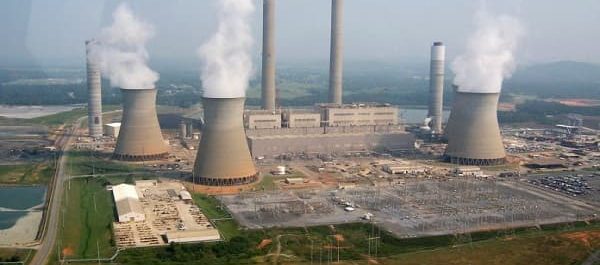Islamabad: The Federal Minister for Power and Petroleum Omar Ayub Khan said in a press briefing that work on Saudi-funded energy and petroleum projects is currently underway, according to a news source. These projects will generate 500 Megawatts (MW) of electricity, and are worth USD 14.5 billion.
The minister further said that the Kingdom of Saudi Arabia (KSA) is helping Pakistan with the installation of power projects in Balochistan (worth USD 4.5 billion) and in Gwadar where a mega oil refinery is being developed with a budget of USD 10 billion. These power projects are part of the investment of USD 20 billion that was announced during KSA Crown Prince Muhammad bin Salman’s visit to Pakistan a few months earlier.
Read: KSA eyes Gwadar for investment
The initiative has been launched with the aim to use oil and renewable power, increase production capacity, and overcome electricity shortage in Pakistan. The minister also said that as per Alternate Energy Development Board (AEDB) reports, 5-6% of the total power generated by the national electric grid is produced from renewable resources. He revealed that Saudi firm Aqua Power, along with other specialised firms including Pakistani National Transmission & Despatch Company (NTDC), have conducted studies on hybrid and solar power solutions. The details of USD 20 billion worth of (short and medium-term) projects that were signed on during the Saudi crown prince’s visit are as follows:
Short-term projects:
- Two Regasified Liquefied Natural Gas plants to be developed with USD 4 billion
- ACWA Power (KSA) is to invest USD 2 billion in the renewable energy sector of Pakistan
- USD 1 billion Saudi Fund for Pakistan
Read: Pak, KSA to sign major agreements
Medium-term projects:
- USD 1 billion investment in petrochemicals, food & agriculture sectors
- USD 10 billion for construction of multi-billion-dollar Saudi Aramco Oil Refinery in Gwadar
The minister said that this is the first phase of investment. In the second phase, KSA will help Pakistan achieve the milestone of shifting 30% energy needs to renewable energy sector by 2030.







